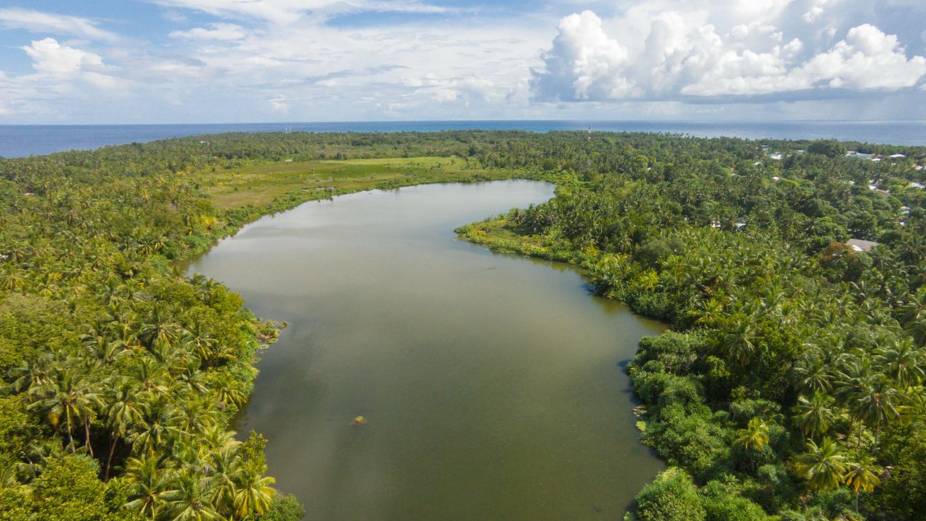
As the global community commemorates World Environment Day 2024, this year’s theme—“Our land. Our future. We are #GenerationRestoration”—places a spotlight on the urgent need for land restoration, combating desertification, and enhancing drought resilience. Hosted by Saudi Arabia, the event underscores the critical relationship between healthy land, sustainable livelihoods, and climate stability.
The Issues at Hand
The Maldives faces severe environmental threats that extend beyond its picturesque beaches. Rising sea levels, driven by climate change, are causing increased salinity in freshwater resources, adversely affecting agriculture and drinking water supplies. Additionally, unpredictable weather patterns exacerbate these challenges, threatening the livelihoods of its residents and the sustainability of its natural environment.
Desertification and drought, often associated with arid regions, manifest uniquely in the Maldives. The intrusion of seawater into freshwater lenses, soil erosion, and the loss of arable land are significant issues. These environmental stresses undermine food security and exacerbate the vulnerabilities of the island nation, which relies heavily on its natural resources for economic stability.
What Can Be Done
To tackle these pressing issues, the Maldives must adopt comprehensive and sustainable land management practices. Restoration of mangrove forests is one such strategy. Mangroves act as natural buffers against coastal erosion and are effective carbon sinks, playing a crucial role in mitigating climate change. By investing in mangrove restoration, the Maldives can protect its coastlines and enhance its ecological resilience.
Promoting sustainable agriculture through agroforestry and the integration of traditional knowledge with modern techniques is another essential approach. These practices improve soil health, enhance water retention, and increase the resilience of agricultural systems to climate impacts. Support from international organisations like the United Nations Environment Programme (UNEP) and the Global Environment Facility (GEF) provides the necessary funding and expertise to implement these initiatives effectively.
Community involvement and education are vital components of these efforts. Engaging local communities in conservation and restoration activities ensures that these initiatives are sustainable and culturally relevant. Educational programmes that raise awareness about the importance of environmental stewardship empower the younger generation to play an active role in preserving their natural heritage.
The Maldives Needs to Step Up
The Maldives must intensify its efforts to combat land degradation and build resilience against climate change. This includes scaling up restoration projects, adopting more stringent environmental regulations, and fostering greater collaboration between government, private sector, and international partners.
Restoring degraded land brings significant economic and environmental benefits. It boosts agricultural productivity, creates green jobs, and supports sustainable development. For the Maldives, these benefits are not just desirable but essential for its survival and prosperity.
As we celebrate World Environment Day 2024, the Maldives stands at a critical juncture. The nation’s commitment to restoring its land and building resilience against climate change serves as a beacon of hope and a call to action. By stepping up its efforts and embracing sustainable practices, the Maldives can secure a sustainable future for its land and its people.












